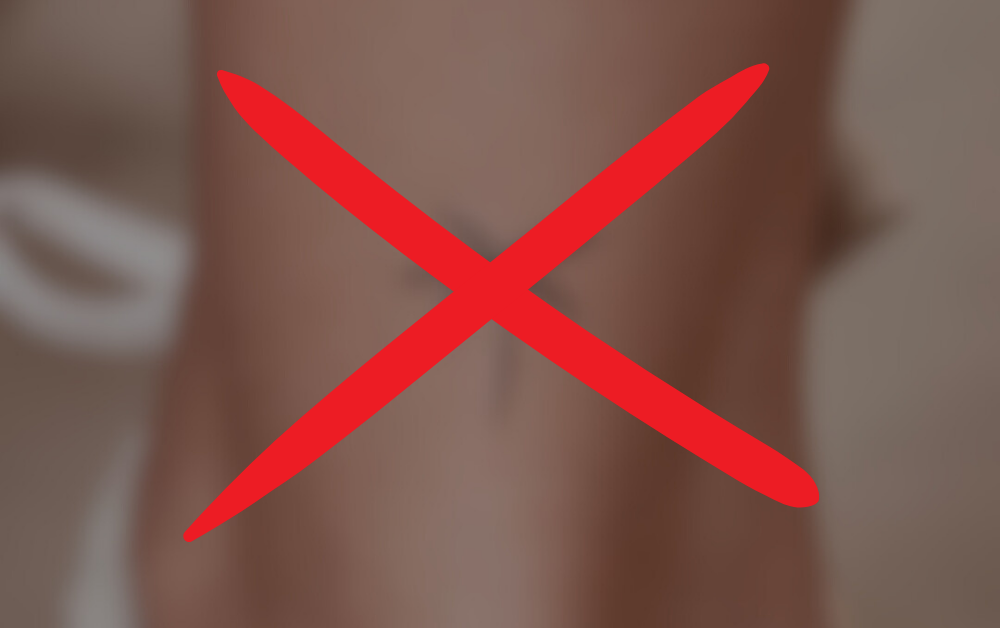An Important Editorial Correction
This article has been revised to correct a previous editorial oversight. While we may have featured tattoo designs in the past, this was a misstep that did not align with our platform’s core values. We are now reaffirming our principle that permanent body modification is a serious decision with physical, psychological, and spiritual consequences. For these reasons, we do not endorse or recommend getting tattoos. We thank you for your understanding as we ensure our content reflects our foundational principles.
The Trap of “Expressing Your Personality”
The desire to be unique and to express one’s inner self is a powerful human feeling. The modern tattoo industry exploits this desire by presenting a list of trendy symbols and calling it “self-expression.” A sunflower for “positivity,” wings for “freedom,” a compass for “guidance”—this is the false promise that you can purchase a personality and ink it onto your skin.
This is a fundamental deception. True identity is not a design you pick from a catalog of trends. It is something you build from within, through your character, your beliefs, and your actions. This article will dismantle this myth and state the clear truth about the harms of seeking identity through the forbidden act of tattooing.
Lived Character vs. A Worn Symbol
A tattoo is a static image; your character is a living reality. The symbols offered are hollow substitutes for the real virtues they claim to represent.
- A sunflower tattoo does not make you a positive person. Being patient in hardship and grateful in ease makes you a positive person.
- Wing tattoos do not grant you freedom. True freedom is found in liberating yourself from the slavery of your own desires and submitting to Allah.
- A compass tattoo cannot guide you. True guidance is found only in the Qur’an and the Sunnah of the Prophet Muhammad (peace be upon him).
- A quote tattoo on your arm is not a substitute for a principle held firmly in your heart.
To tattoo a symbol of a virtue you do not possess is hypocrisy. To tattoo a symbol of a virtue you do possess is unnecessary vanity. In both cases, the act itself is a spiritual loss.
The Universal Reality of All Tattoos
Regardless of the “unique” or “feminine” design, the act of tattooing is a brutal, unchanging process with universal consequences.
- The Physical Harm: A needle repeatedly damages your skin, injecting unregulated chemicals into your body. This carries the permanent risk of infections, diseases, and chronic allergic reactions.
- The Psychological Harm: The design that feels “unique” today will be a dated and embarrassing trend tomorrow. This inevitable regret leads to the excruciating pain and high cost of laser removal, which often leaves its own scars.
The Decisive Verdict for the Muslim Woman
For the Muslim woman, the issue is even more profound, as it touches upon her honor, her modesty (haya), and her relationship with her Creator.
- A Forbidden Act: The ruling is absolute. The Prophet Muhammad (peace be upon him) cursed those who give and receive tattoos. This is a major sin, and no “beautiful” design can change that.
- A Violation of the Body as a Trust (Amanah): The body of a Muslim woman is a trust from Allah, to be protected and covered, not to be permanently marked and displayed.
- The Contradiction of Modesty: True female beauty in Islam is found in modesty and piety, not in a cosmetic procedure designed to draw attention to the body. A tattoo is fundamentally an act of display, which runs contrary to the principles of haya.
Conclusion: Your Uniqueness is in Your Piety
Your uniqueness is not in a design chosen from a list of trends. Your true, God-given uniqueness is in your soul, your character, and your personal relationship with your Creator.
A Muslim woman’s identity is not defined by the marks on her skin, but by her devotion to Allah. Her beauty is not in a sunflower design, but in the light of faith (iman) that shines from her face. Her strength is not in a wing tattoo, but in her commitment to her faith and her modesty. This is the true, lasting, and honorable uniqueness that can never be replicated or fade away.


